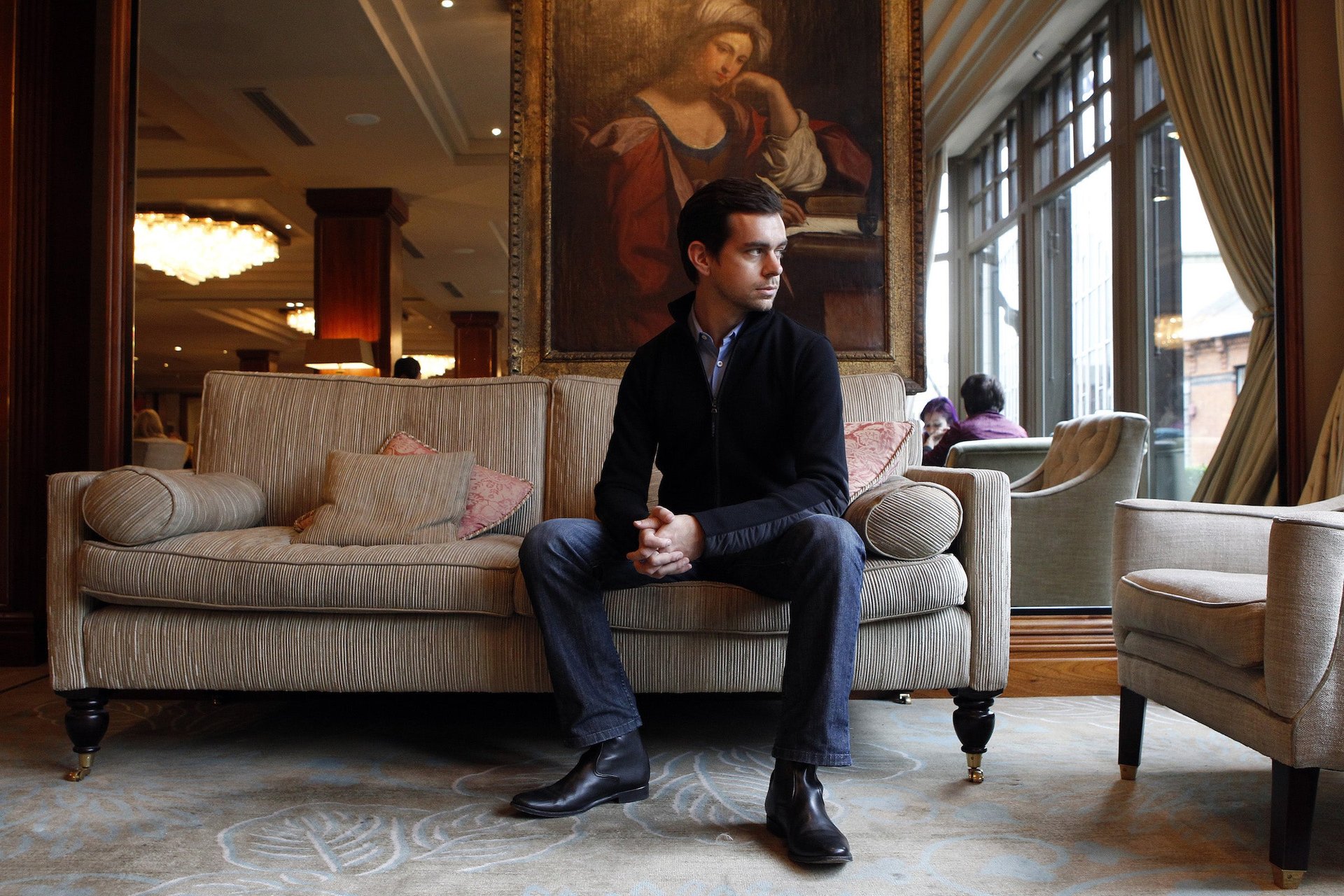The video Jack Dorsey is using to sell Square to potential investors
Jack Dorsey’s payment start-up Square continues down the path to its IPO, which is expected to occur sometime before the US Thanksgiving holiday.


Jack Dorsey’s payment start-up Square continues down the path to its IPO, which is expected to occur sometime before the US Thanksgiving holiday.
Dorsey, who is also the chief executive and co-founder of Twitter, is expected to start meeting with investors as part of the pre-IPO pitch—known as a “road show”—in which companies and their bankers coax investors to buy shares while gauging investor demand.
As part of the effort, Square prepared a 40-minute film in which Dorsey walks investors through his vision for the payments company and highlights some less-well-known units. They include Square’s delivery service, Caviar, as well as its cash advance arm, Square Capital. (We can’t embed the video, but you can see it here.)
Square’s IPO will be a closely watched market event both on Wall Street and in Silicon Valley. In the Valley, venture capitalists have been plowing cash into speculative technology ventures at a breakneck pace in recent years. That rush has pushed valuations for many startups to nosebleed levels and produced giant gains on paper.
But in order to transform those paper gains into actual cash, companies need to have successful debuts on the public markets. Such “liquidity events” allow venture capitalist to cash out of their highly illiquid investment positions in private companies, and pocket their returns.
The Square offering is something of a test case. In a filing late Friday, Square detailed plan to sell shares sell for between $11 and $13 each. That would give the company a roughly $4 billion valuation, significantly smaller than the $6 billion valuation assigned to Square during its most recent round of venture investments.
Moreover, Square’s initial S-1 filing raised a number of questions about the company’s business foundations. The filing showed that a highly touted partnership with Starbucks was a large money loser, and cost Square about $70 million over the past three years.
It also made public the fact that Square’s losses reached $77.6 million during the first six months of 2015. Square reported a net loss of $154.1 million in 2014.
In other words, Dorsey has quite a sales job ahead of him.